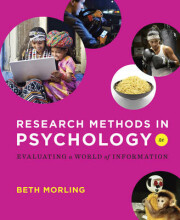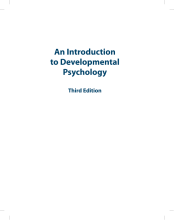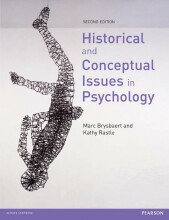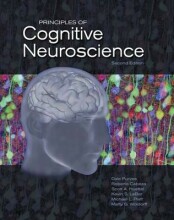Summary: Organizational Behavior | 9781259921704 | Steven L McShane, et al
- This + 400k other summaries
- A unique study and practice tool
- Never study anything twice again
- Get the grades you hope for
- 100% sure, 100% understanding
Read the summary and the most important questions on Organizational Behavior | 9781259921704 | Steven L. McShane; Mary Ann Young Von Glinow
-
1 introduction to the field of organizational behavior
This is a preview. There are 72 more flashcards available for chapter 1
Show more cards here -
What does it mean to be an 'open system'?
- Depending on external factors
- Transforming input into output
- Several subsystems
- Depending on external factors
-
how do we call groups of people who work independently toward some purpose?
organizations -
what are the key features of an organization?
- they are collective entities who interact in an organized way
- all members of an organization have a collective sense of purpose.
-
Why do companies need 'human capital'?
- Competitive advantage
- Knowledge, creativity etc.
- Improves adaptivity
- Improves individual behaviour and performance
- Competitive advantage
-
how do we call economic, social and cultural connectivity with people in other parts of the world?
globalization -
What are the consequences of diversity at the workplace?
- More creativity
- More representative of the society
- Take longer to work together
- More creativity
-
what are the advantages and disadvantages of globalization?
advantages;- larger markets
- lower costs
- greater access to knowledge and innovation
disadvantages;- doesn't benefit developing nations
- increases work intensification
- reduces job security
- creates poor work-life balance in developed countries
-
What are two different levels of diversity?
- Surface level diversity (gender, ethnicity etc.)
- Deep level diversity (beliefs, attitudes etc.)
-
how do we call the degree to which a person minimizes conflict between work and non-work demands?
work-life balance. -
What are the benefits of remote work?
- Better work-life integration
- Higher productivity
- Less stress
- Better work-life integration
- Higher grades + faster learning
- Never study anything twice
- 100% sure, 100% understanding
Topics related to Summary: Organizational Behavior
-
Introduction to the field of organizational behavior
-
Individual behavior and processes
-
Perceiving ourselves and others in organizations
-
Workplace emotion, attitudes, and stress
-
Foundations of employee motivation
-
Decision making and creativity
-
Conflict and negotiation in the workplace
-
Leadership in organizational settings

































